Youngstown: Land use and neighborhood planning implementation in a US postindustrial shrinking city
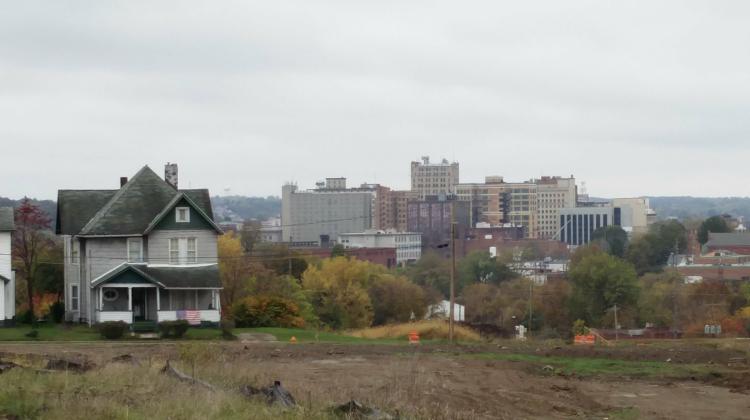
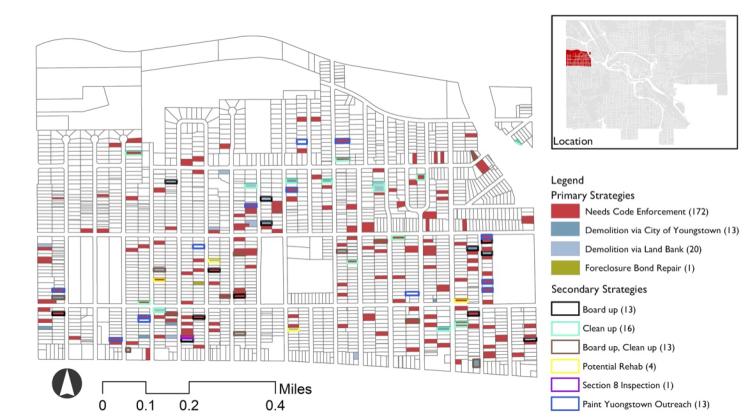



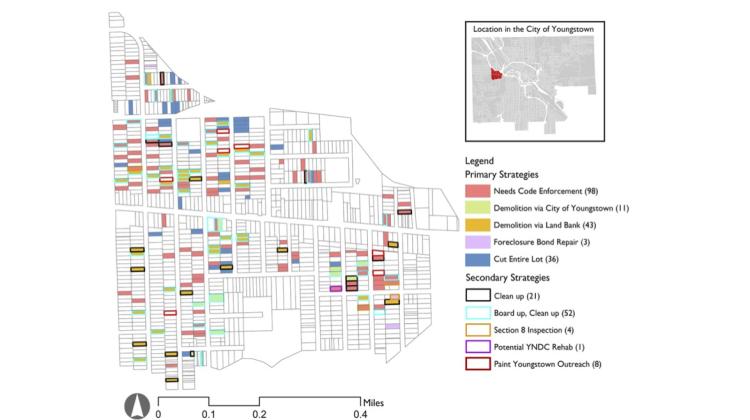

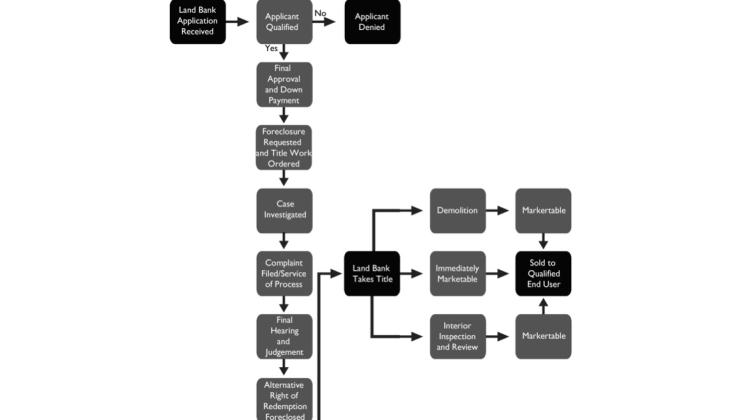
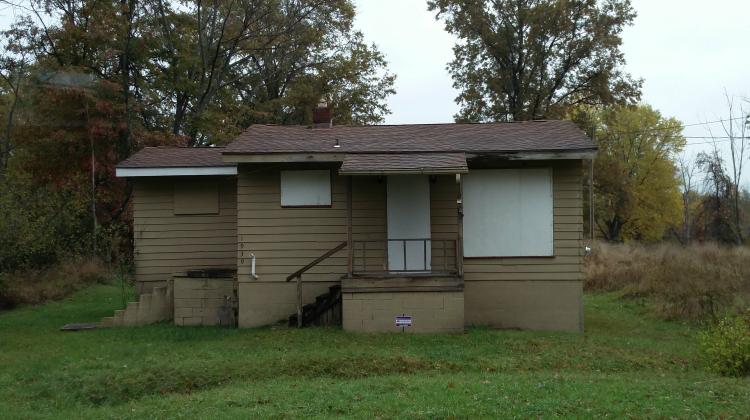
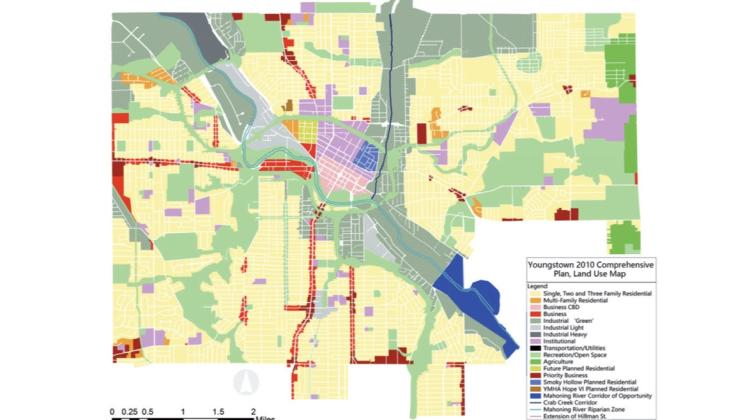
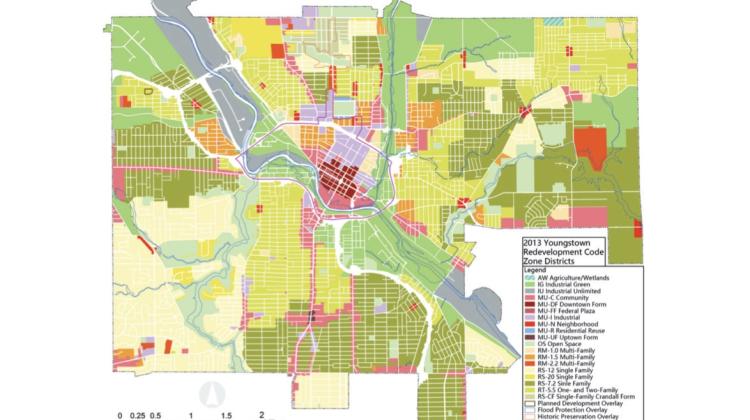
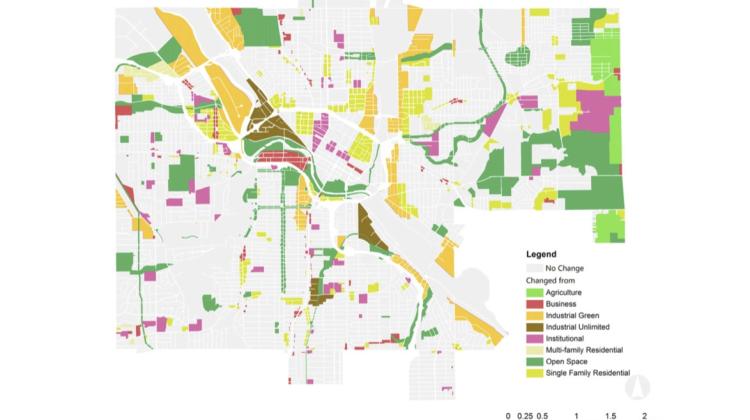

Youngstown, Ohio is a postindustrial city in Ohio, USA that has been challenged by economic decline and a seemingly insurmountable number of vacant and neighborhood properties. To address these challenges through spatial planning, Youngstown has created new citywide land use and neighborhood plans since 2005, with the goal of reducing vacant land, demolishing vacant buildings, and “right-sizing” the city’s urban form to its lower population. Since 2016, Professor Brent D. Ryan and Professor Shuqi Gao of Southeast University, Nanjing, China, have conducted longitudinal research to examine the implementation of Youngstown’s citywide and neighborhood plans.
In a paper published in 2019 in the Journal of the American Planning Association, the study found that Youngstown’s non-statutory land use plan was only partially implemented as zoning, due to political, legal, social, and economic resistance. The findings were a caution to comprehensive plans that did not take such potential resistant factors into account. A second paper, published in 2021 in the Journal of Planning Education and Research, compared implementation of demolition strategies carried out by city government and by the nonprofit Mahoning County Land Bank. Gao and Ryan found that city-led demolition conformed to neighborhood plans less than did Land Bank-led demolition, because city actors were subject to political and social factors that mitigated against conformance with plan suggestions.
Additional Youngstown-related research now underway is examining the longitudinal conformance of neighborhood plan implementation and neighborhood plan monitoring. This study is motivated by multiple foundational questions in planning theory: how long does a plan remain valid? When does implementation start to diverge from plan suggestions? Does plan monitoring assist in conformance with plans, or with implementation in general? These study findings are expected to be published in late 2023. Additional studies of Youngstown spatial planning are envisioned for the 2023-24 academic year


